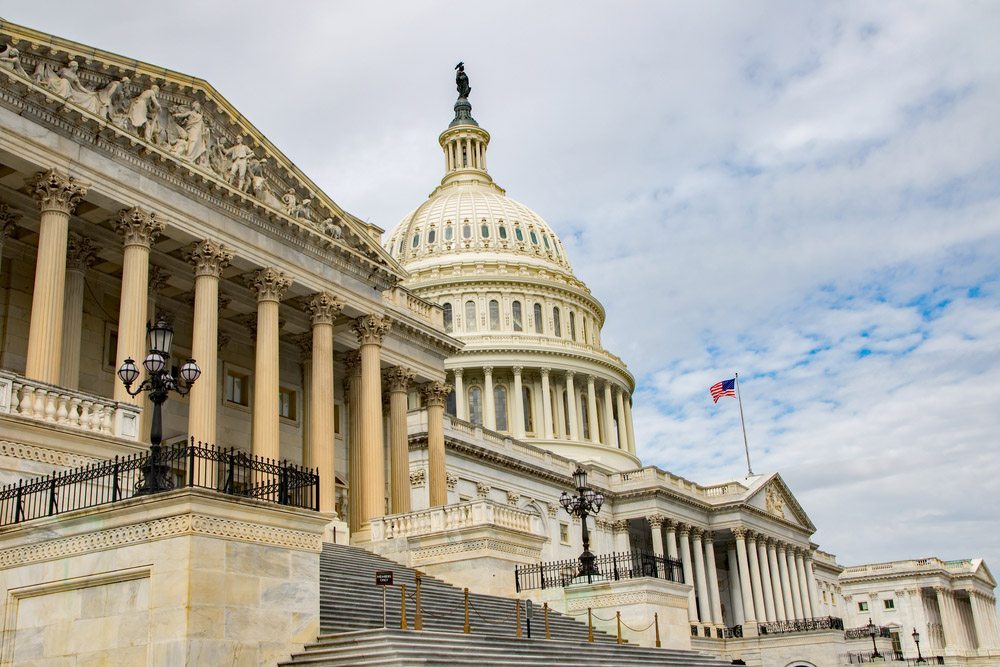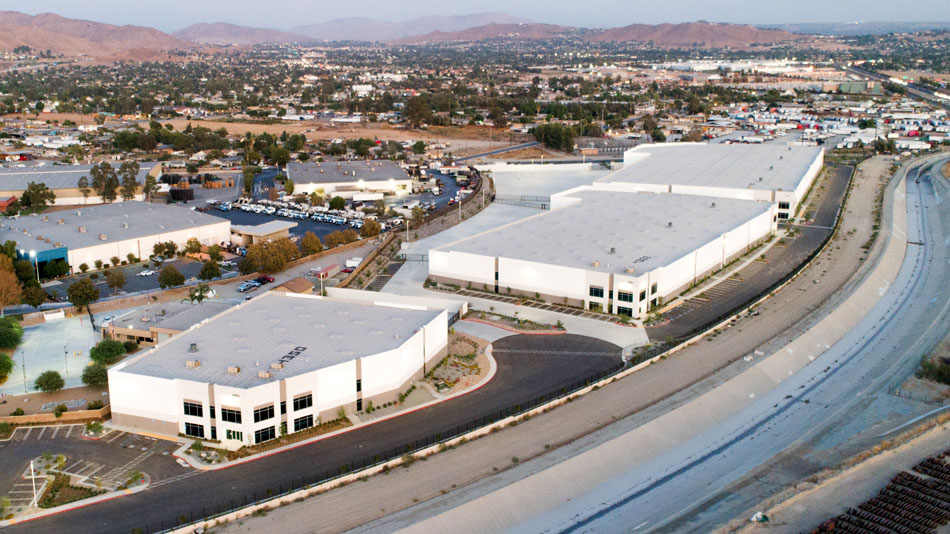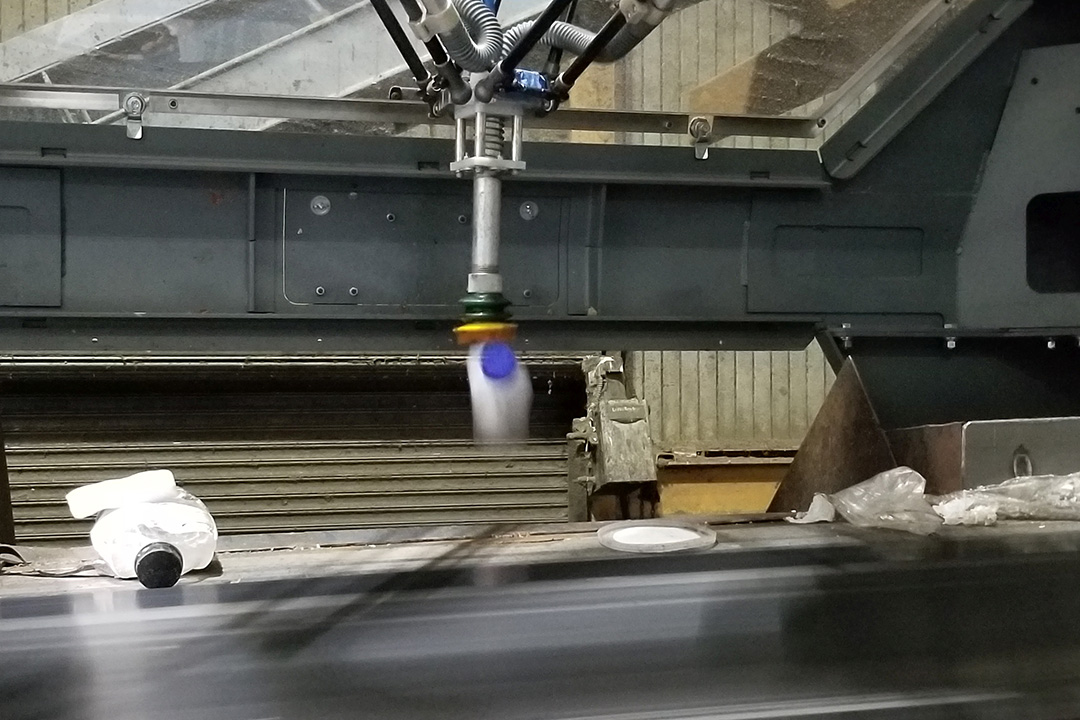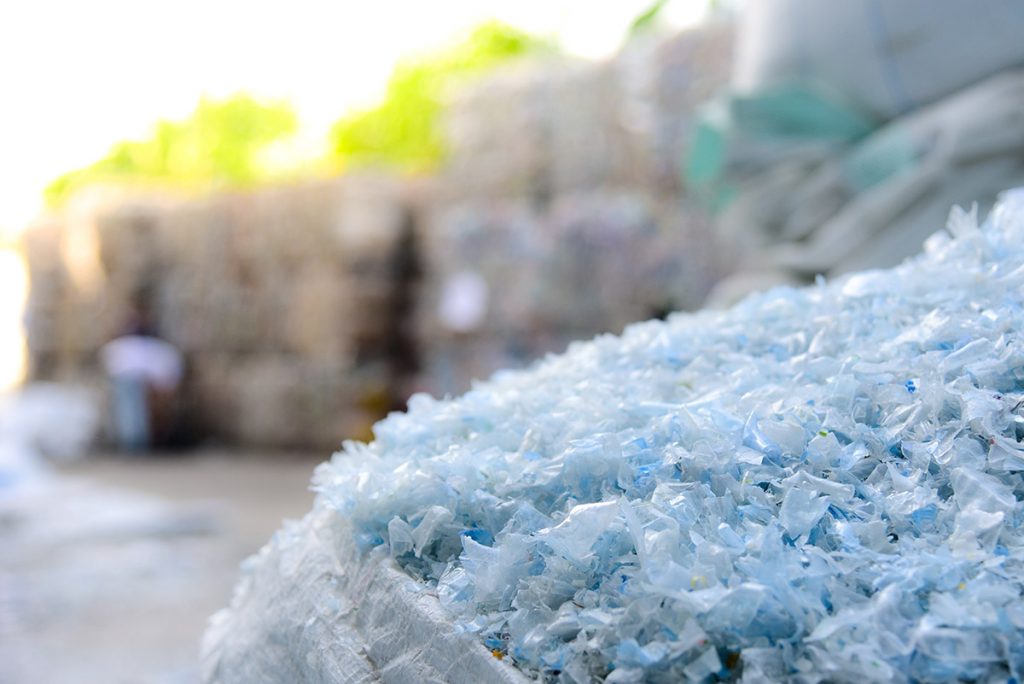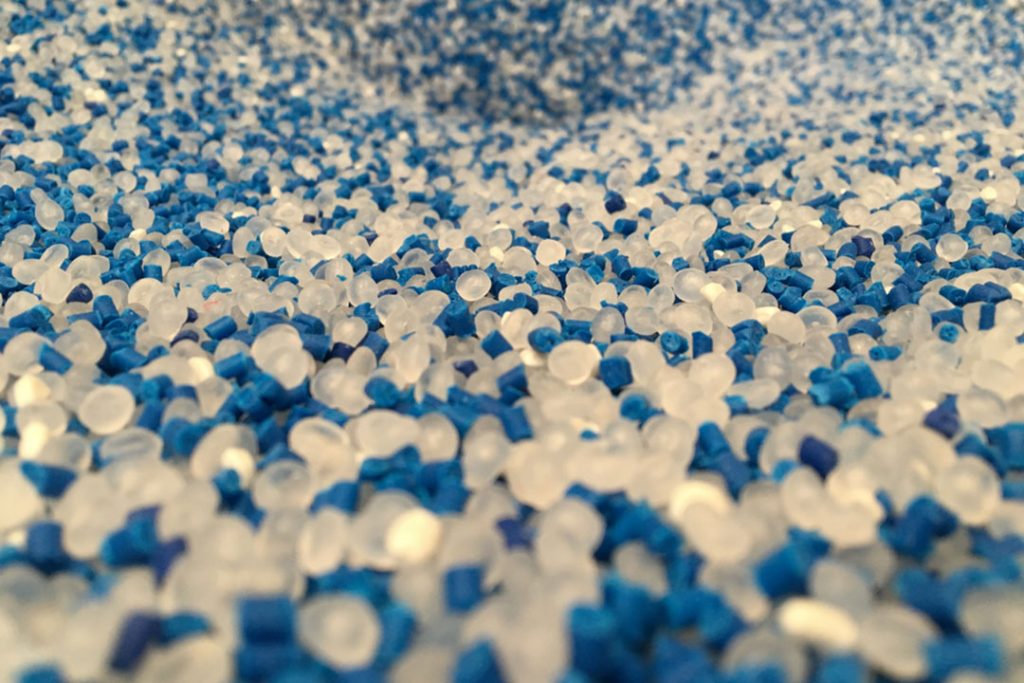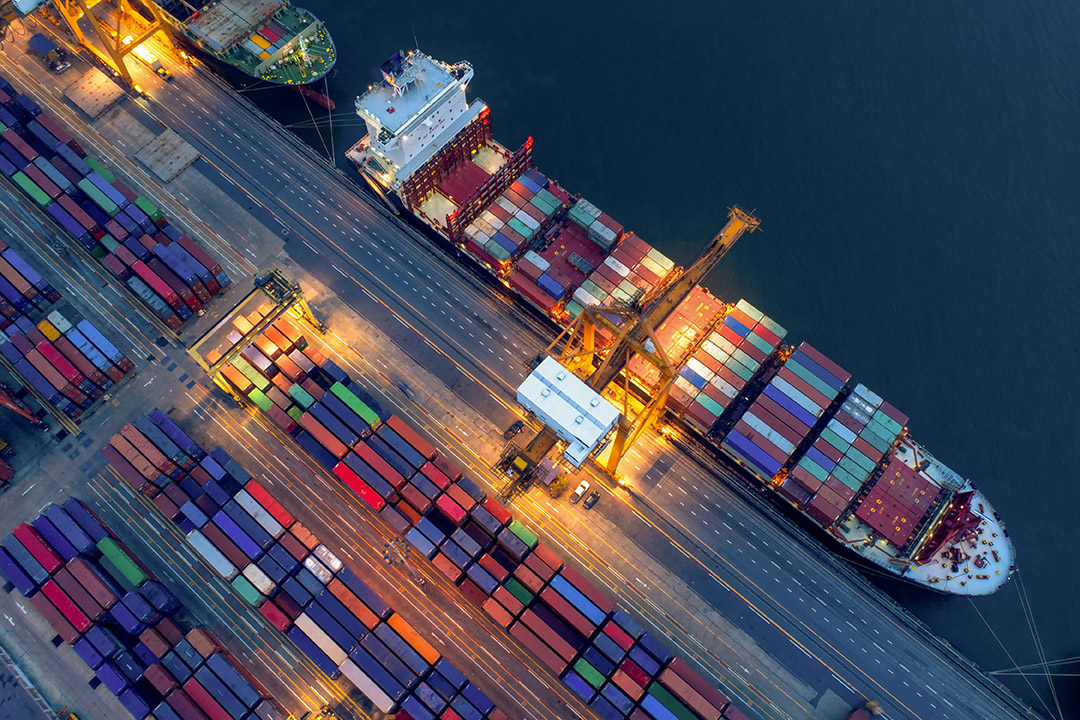
In October, India’s imports of U.S. scrap plastics dropped to their lowest single-month volume since at least 2002. | November Studio/Shutterstock
Export figures continue to show the power of recycled plastic import restrictions in Southeast Asia. Countries that were previously the largest overseas markets have seen massive decreases in U.S. plastic imports since mid-2018.


 Post-consumer PET prices have remained steady over the past month, but HDPE grades have slipped.
Post-consumer PET prices have remained steady over the past month, but HDPE grades have slipped. 

